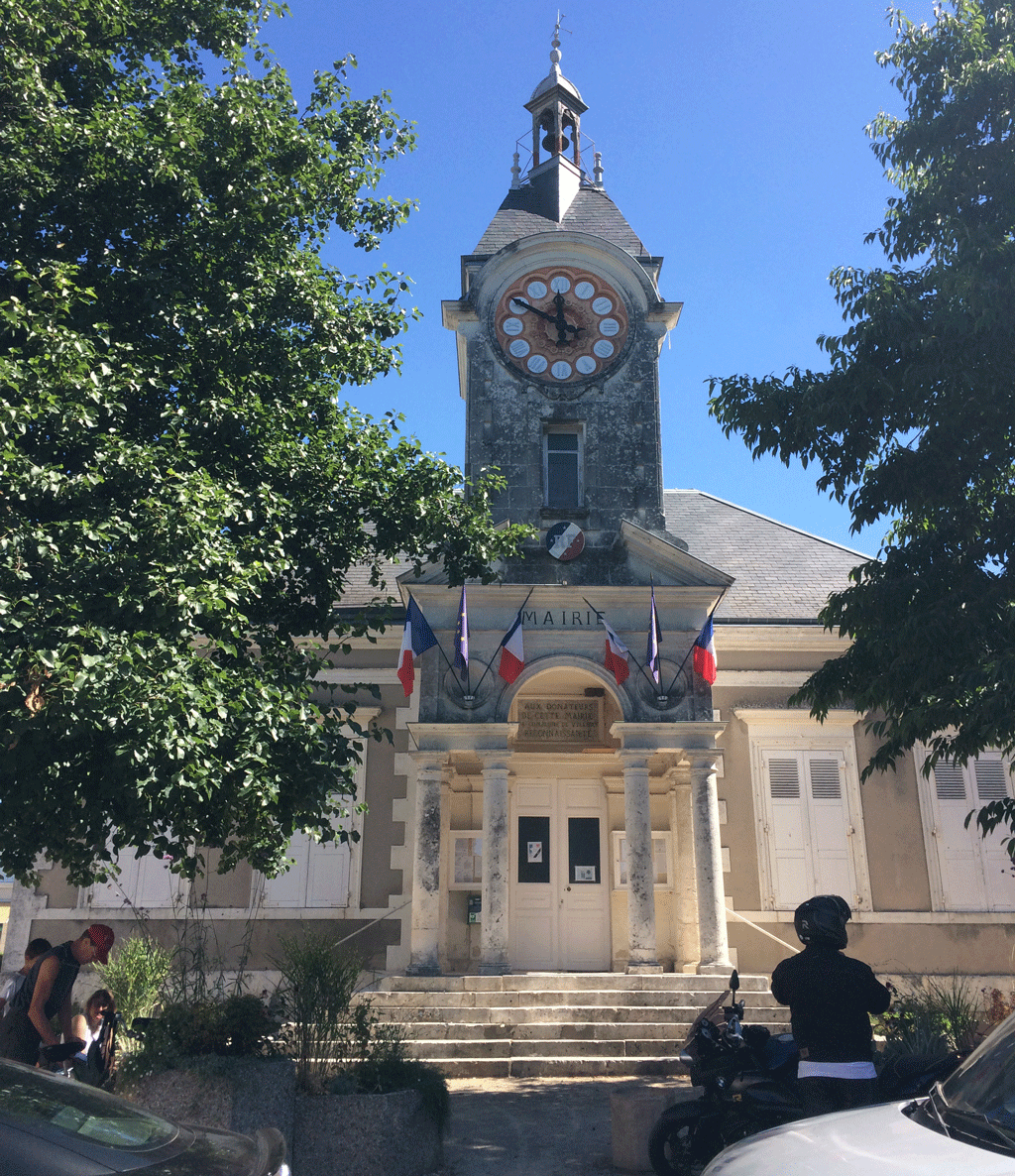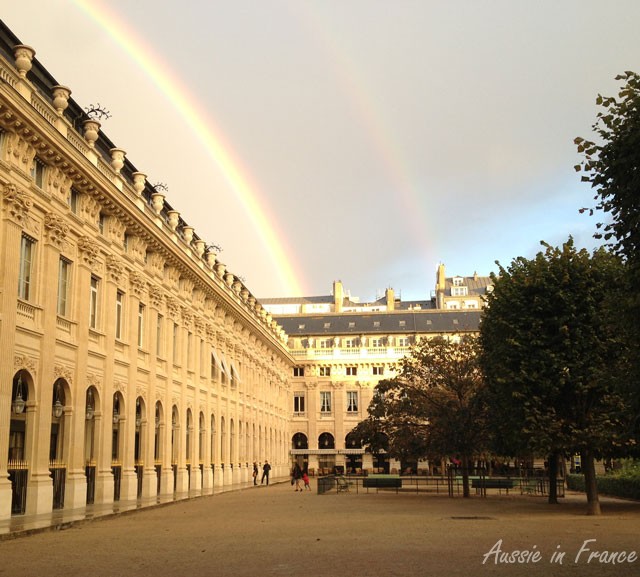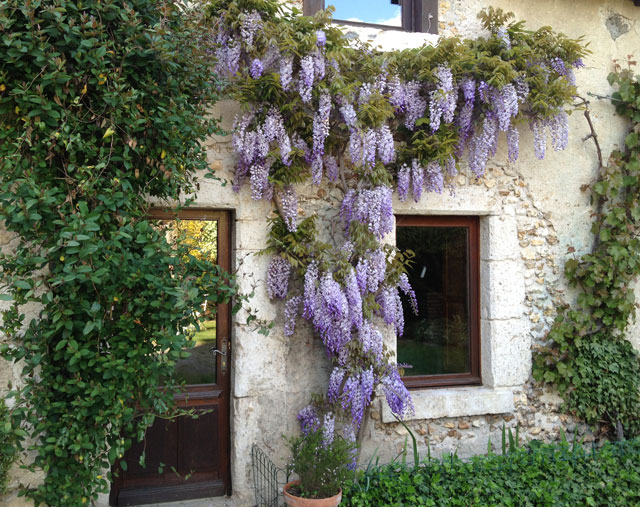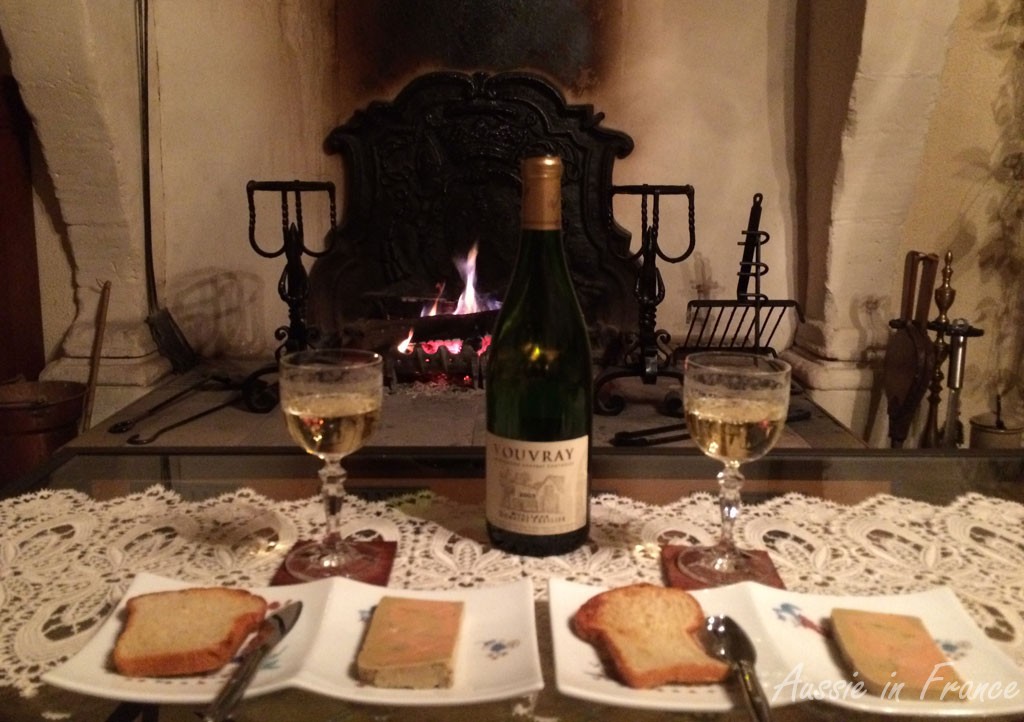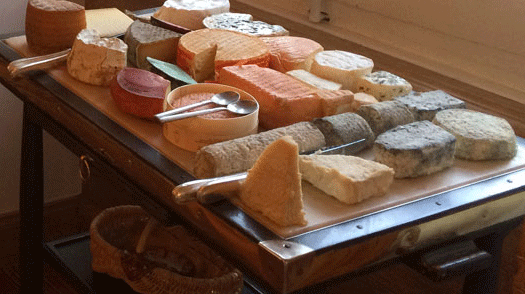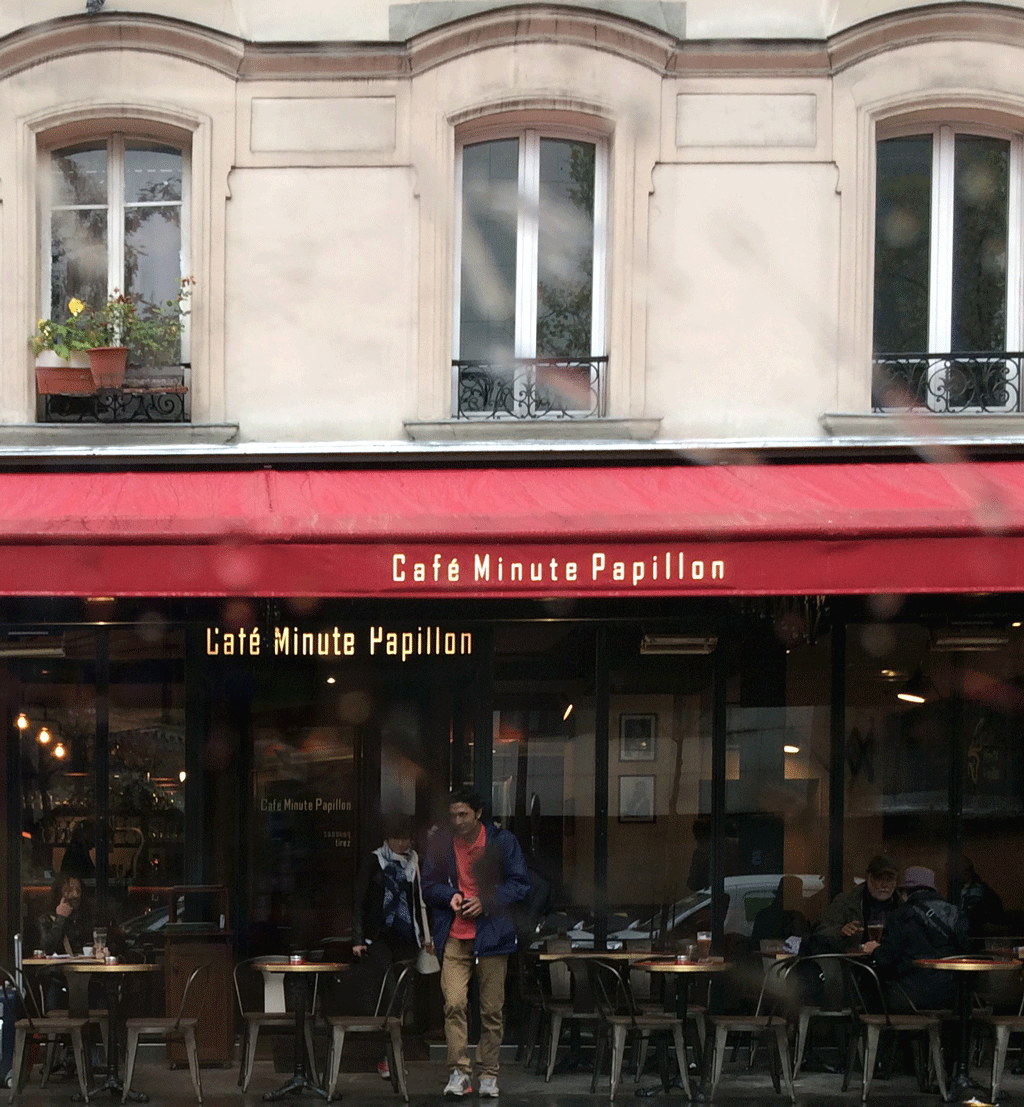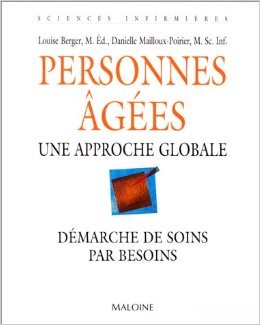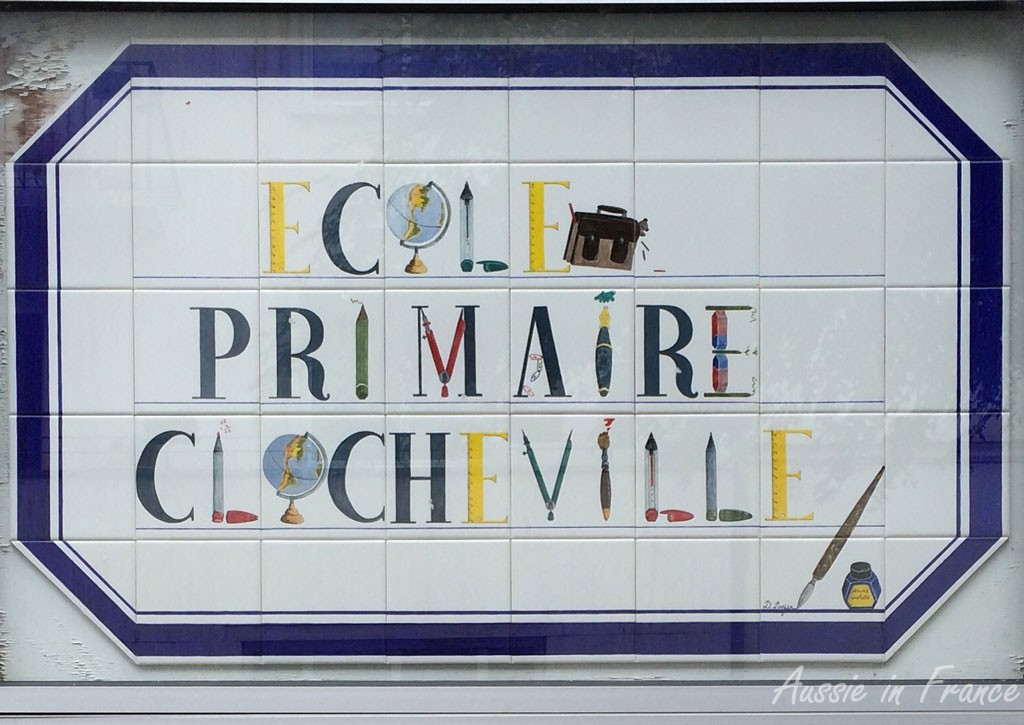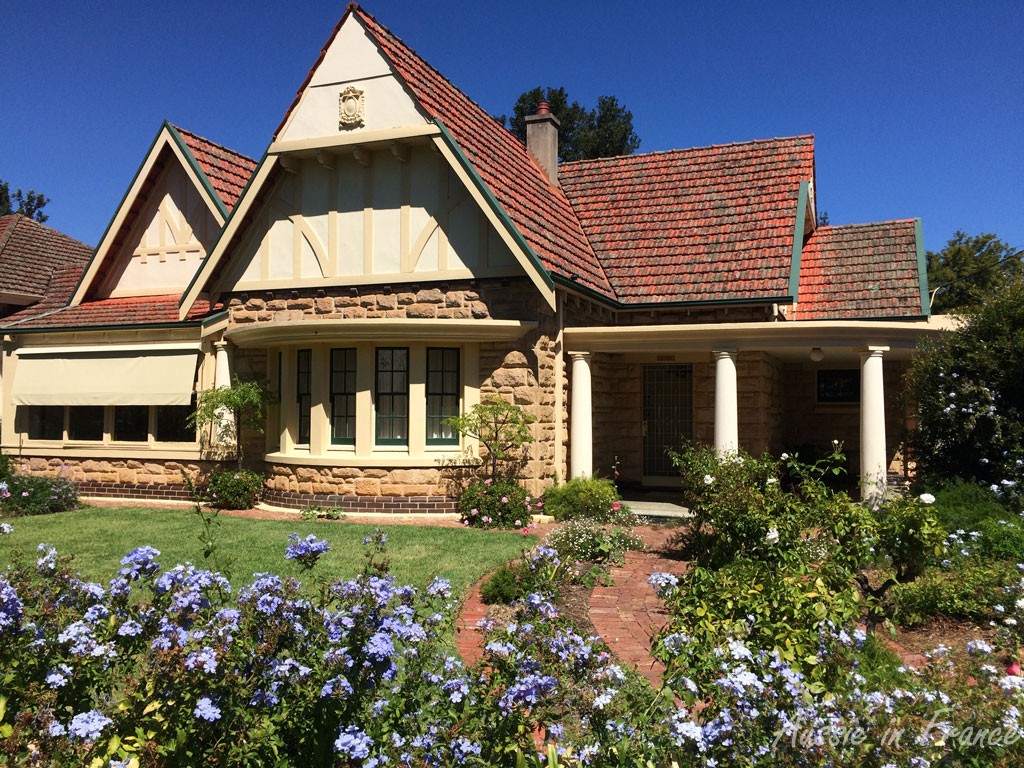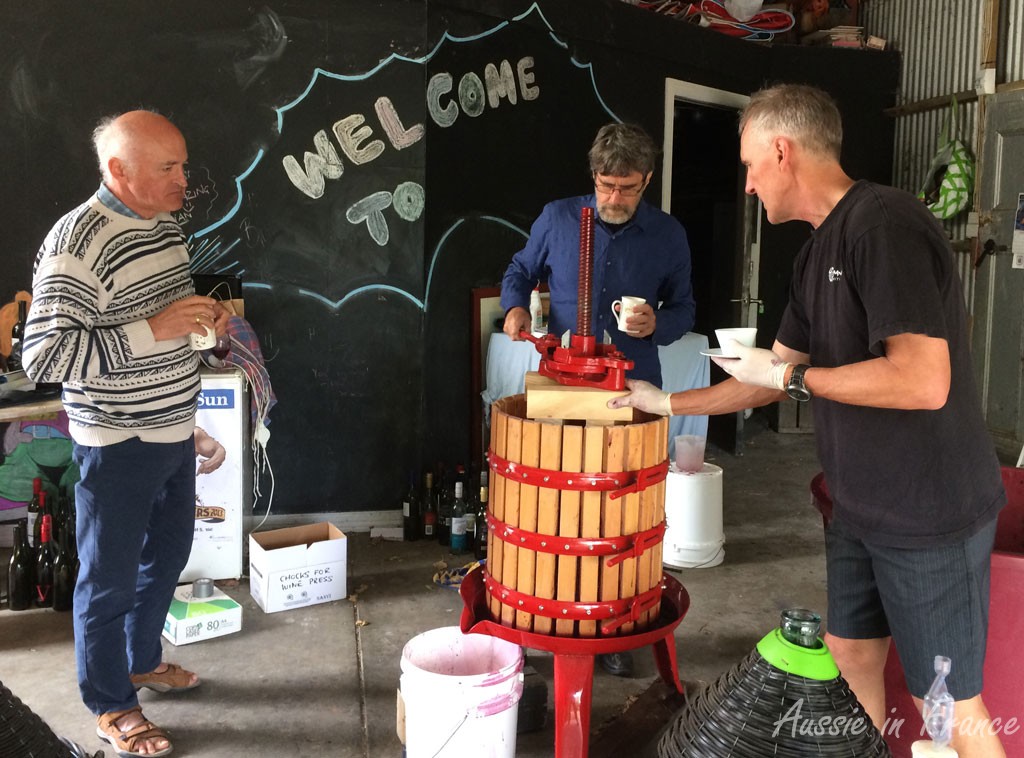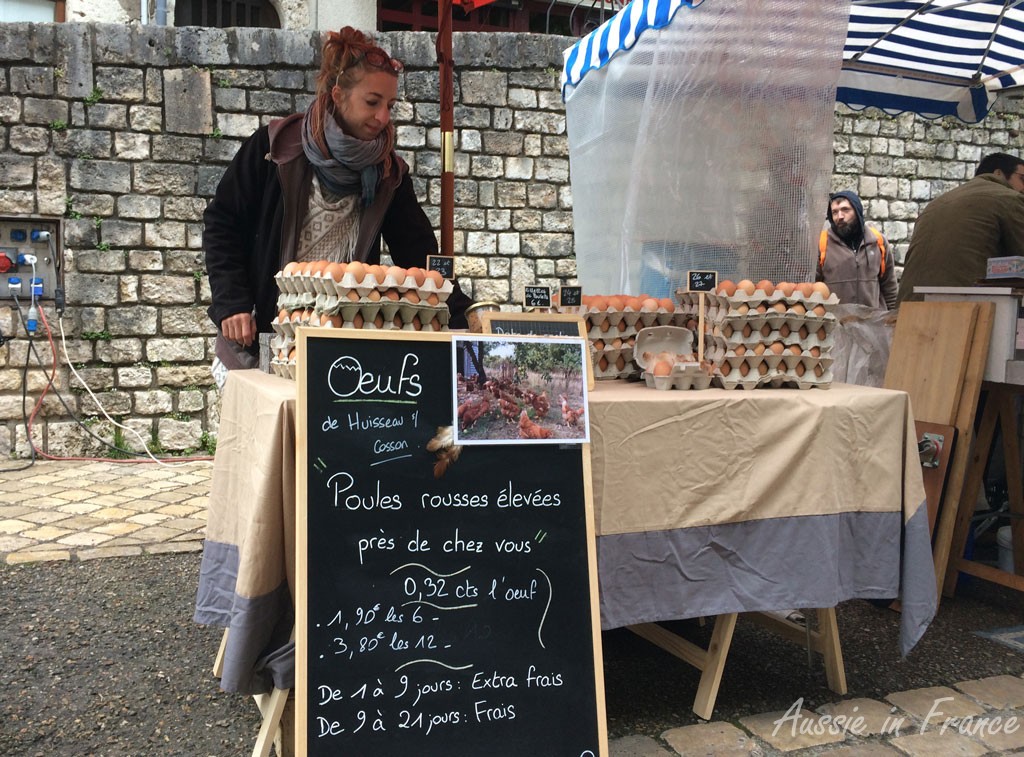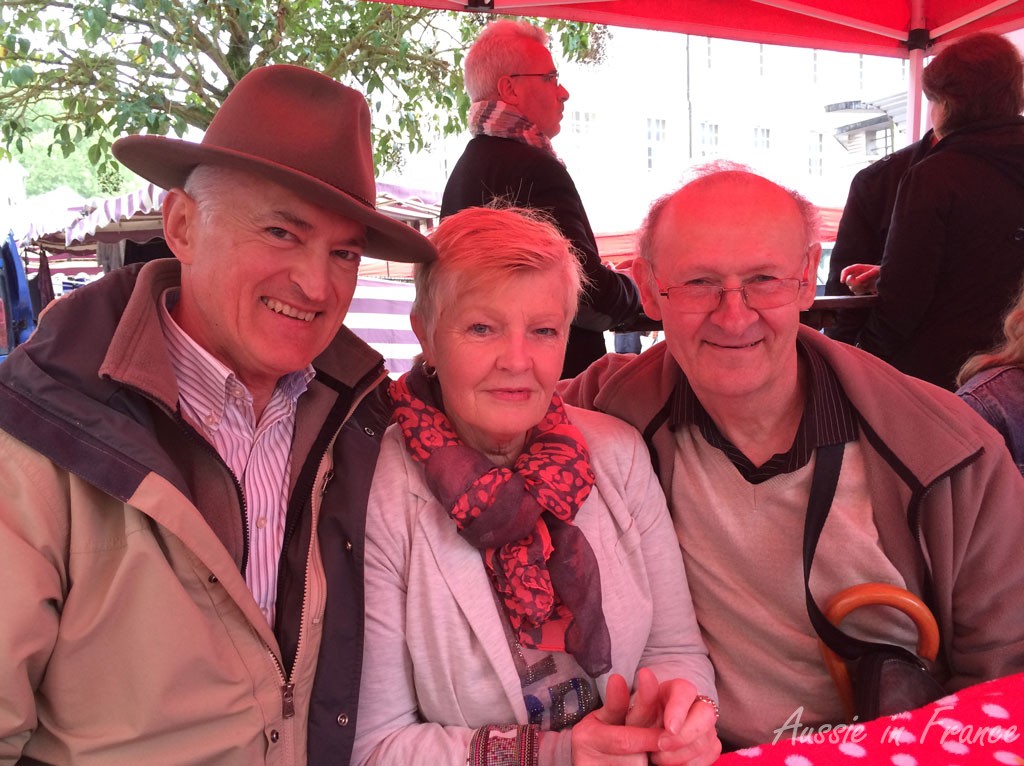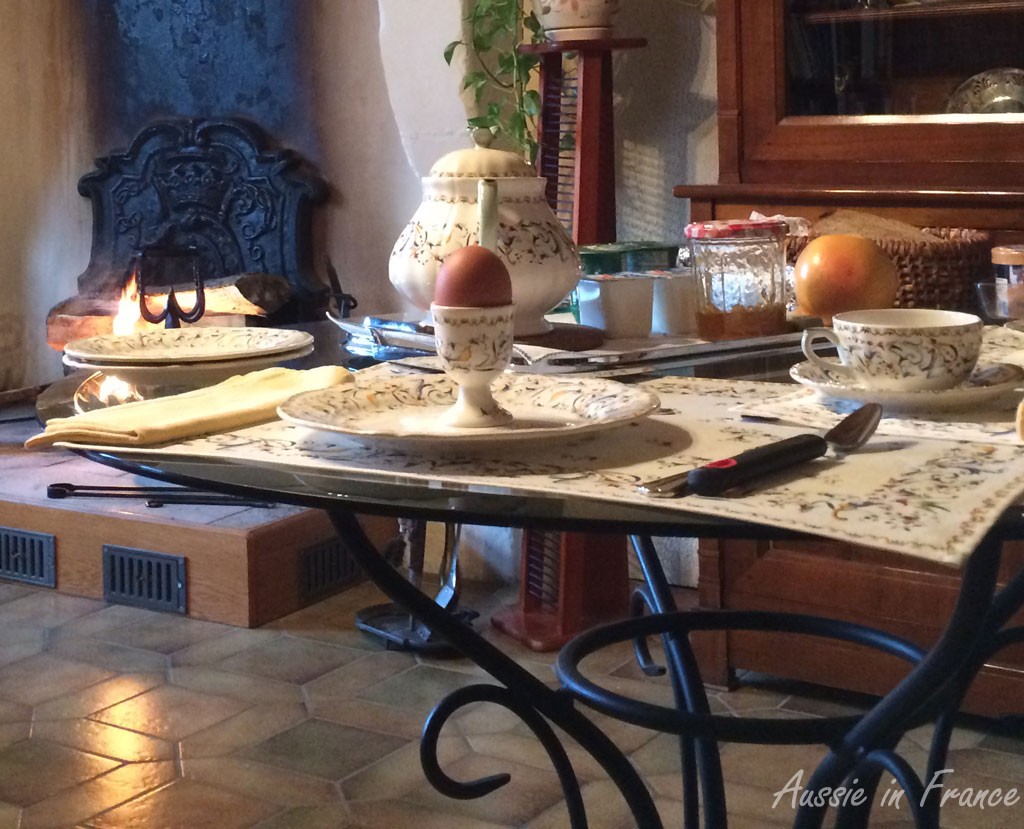It’s roast chestnut season. If you come from Australia, you probably think there is only one kind – the edible sort you read about in English novels. Not so! In French, there are two different words: marron and châtaigne and the distinction is rather complicated.
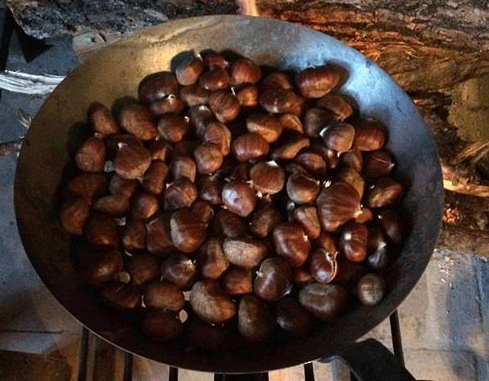
There are basically two sorts: an edible sweet chestnut that is easiest to spot if it is still in its husk, which is spiny and needle-sharp. Its scientific name is Castanea sativa. It’s very distant relation, the toxic, inedible chestnut, also called the horse chestnut, has a husk that is much smoother, with only a few warts. Horse chestnuts are the ones commonly found in forests and backyards. Its scientific name is Aesculus hippocastanum.
So you would imagine it would be easy in French. Let’s start with the horse chestnut (Aesculus hippocastanum). The tree is called a marronier d’Inde or marronier commun. It actually comes from the Balkans and has nothing to do with India. The fruit is also called a marron.
That’s the easy bit. Now we have the tree called châtaignier whose edible fruit is called une châtaigne. But people talk about eating marrons chauds and marrons glacés. Why? It’s because there are two kinds and the larger (and (tastier) cultivated châtaigne is called a marron!
The cultivated marron only contains one fruit in each husk whereas the wild ones have two or more, with an annoying skin called a pellicle between them. The ones in the photo as the wild ones. We had to discard half of them because they were too hard to eat. Next time we’ll make sure we buy marrons!
Marron is also the usual word for the colour brown.
Marron has, of course, given the colour maroon in English, which is not brown at all, but a dark brownish red colour, what the French call bordeaux. It you have ever seen a 20-year old bordeaux wine, you’ll understand where the colour comes from!
What about brun? I can hear you saying. Yes, you’re right, it also means brown. You say des cheveux bruns (brown hair), des yeux bruns (brown eyes), une peau brune (a swarthy skin), le tabac brun (dark tobacco), un ours brun (a brown bear) and bière brune (brown ale).
But brown shoes are chaussures marrons and a brown shirt is une chemise marron. Marron can also be used for eyes and hair. Some people argue that les yeux marrons and les yeux bruns are the same thing but others disagree. The same applies to les cheveux marrons and les cheveux bruns.
I’ve even heard les yeux noisette used to mean brown eyes, even though une noisette is a hazel nut. The problem with hazel eyes is that they are a mixture of green, brown and amber and the mix can vary according to the person, so two people can have hazel eyes that are very different.
What other examples can you think of? How do we say a brown dog in French? What about a brown horse and a brown coat? Or a brown car?

